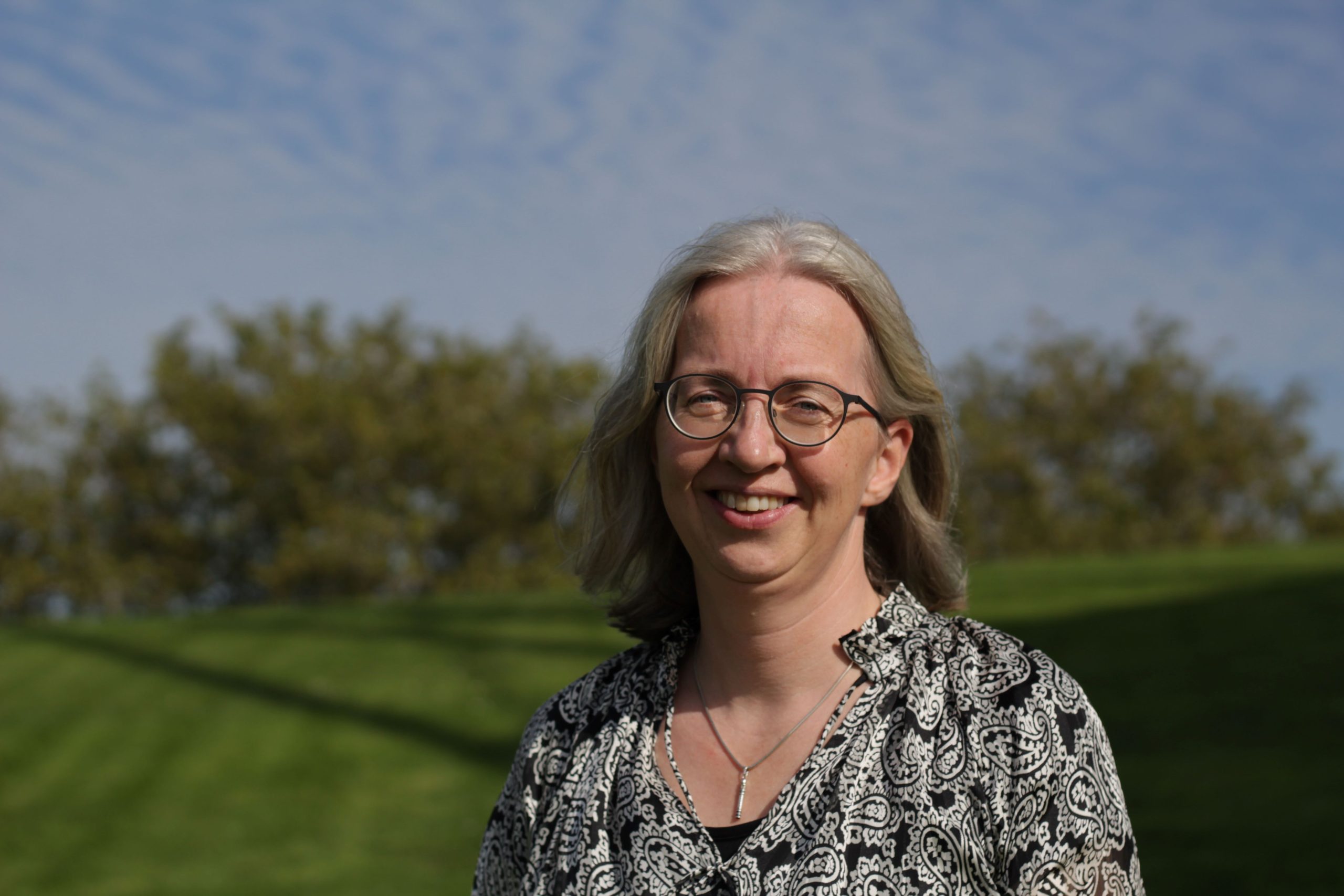The Works Council elections will be held on 3 and 4 October. For who and what parties can you vote? In part 3: Maaike Swarte of Democratisch Beleid.
Maaike Swarte: "The advantage of being the largest group is that we can make our points in many committees." (Photo: Bas Koppe)
Maaike Swarte has represented the Democratisch Beleid (democratic policy) party on the Works Council (OR) since 2011. While working at Utrecht University, she gained experience on the University Council.
Why did you want to be on the Works Council at TU Delft?
“I wanted to get to know the organisation as I had recently started working at TU Delft. I saw that being a member of the University Council in Utrecht was a good way to do this.”
But the Works Council is not just there to get to know an organisation, is it?
“No, it is also a way of expanding your network. I started working at Quantum Nanoscience at AS as the Department Secretary. This meant that my whole focus was on one faculty. As an OR member, you can exert influence on issues that affect the whole university. It very much widens your view.”
Do you enjoy your OR work?
“You sometimes feel like a parrot, repeating the same views all the time. But when the OR repeats the same thing, it can definitely achieve a lot. For example, we were able to fine-tune the tenure track policy and change it into the academic career track policy. There was more competition in the tenure track and you had to be the best in your department. Now the people themselves are looked at as individuals and they get a permanent appointment more quickly. And my party, Democratisch Beleid, campaigned for the rules to be changed so that PhD candidates could run in the OR elections and eventually have a seat in the OR.”
Democratisch Beleid is now the OR’s biggest party. What advantages does this have?
“We are part of a lot of committees and can raise our issues. We are also very diverse. We have people with all sorts of backgrounds and positions.”
After the elections, everyone in the OR will be there as elected individuals. What is then the purpose of a party?
“It is good to discuss things informally, and certainly if you are new to the Works Council. It allows us to jointly think about how to bring our point across to the Executive Board or the best strategy to achieve our objective.
To show new members the ropes, we have a mentor system that couples newbies to old hands.”
Do you get feedback from your colleagues?
“Sometimes, usually from people who agree with me, but not always. The latter usually want to know why we agreed to something.
One example of this is hybrid working. One professor said that they did not want their PhD candidates to work from home. They are then surprised that as a Department Secretary I voted for it. It is good to share the backgrounds and positions of the Executive Board with my colleagues.”
How does the OR make sure that its point is understood by the Executive Board?
“At the start of each term of office, we have a two-day training course on discussion techniques and the Works Council Act. We always have an OR meeting prior to a meeting with the Executive Board.”
- This is the third article in a series in which Delta discusses the work of the Works Council with the Chairs of the four parties standing for election.
- Delta also spoke to Ronald Kuil, Winke Kloosterman and Rebekka van der Grift.
- Do you want to know more about the work of the OR? The OR has briefly explained its work in the video below.



Comments are closed.